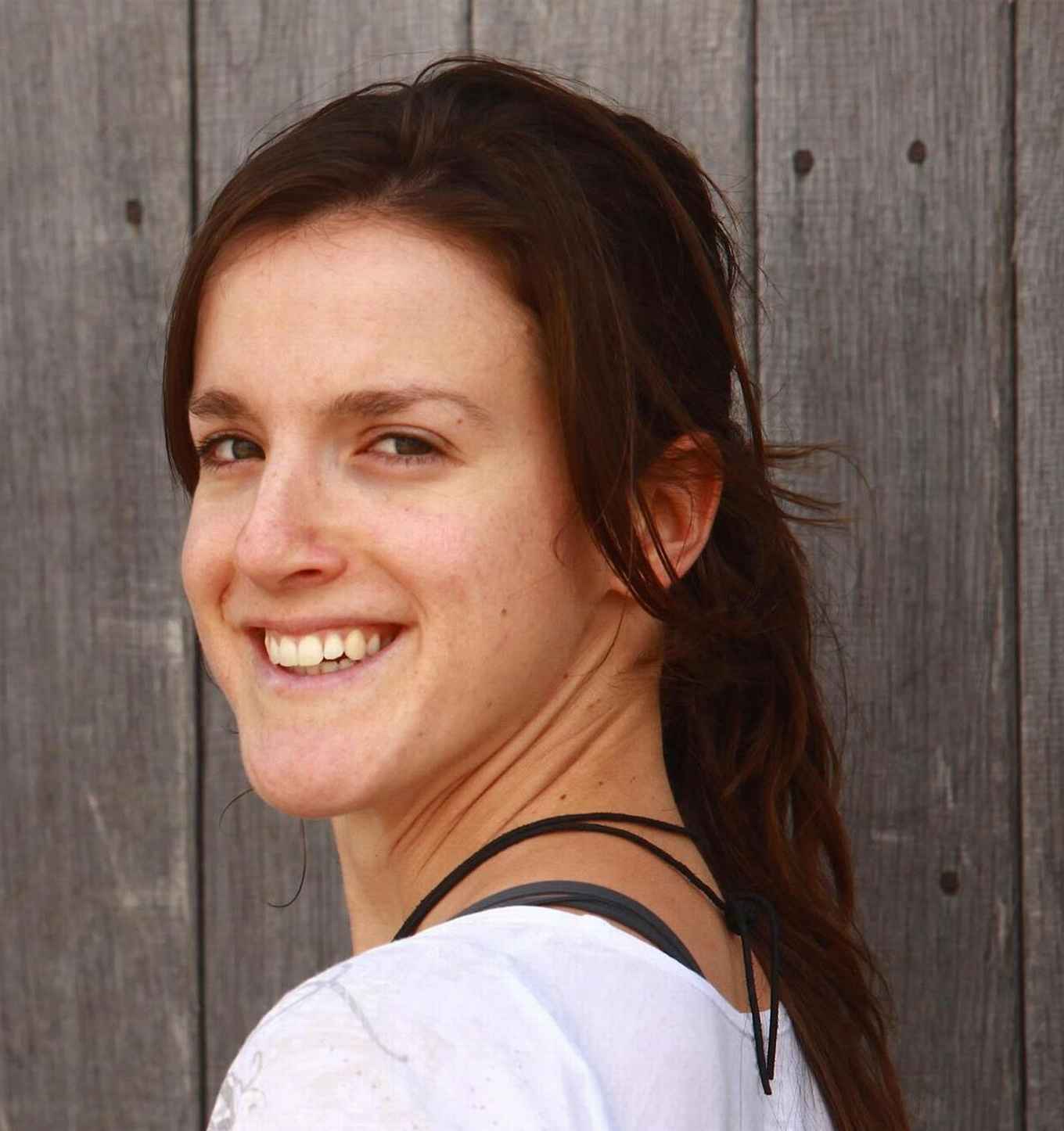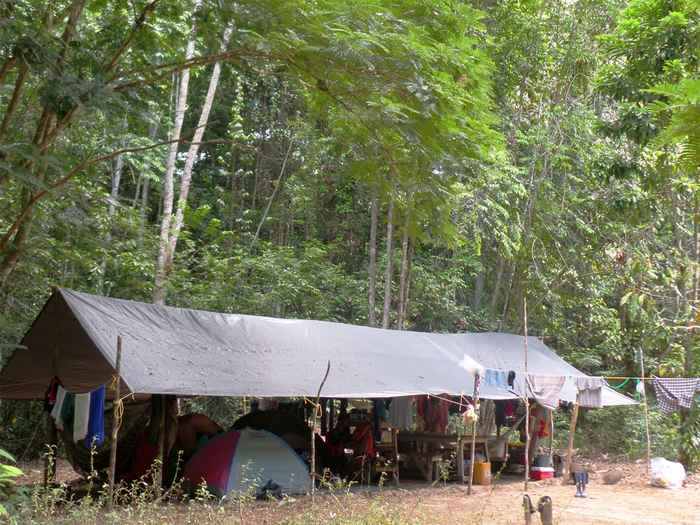Rubicon grant for Masha van der Sande in collaboration with William Gosling
26 July 2017

Tropical forests
Tropical forests are not in steady state but are shifting in species composition, possibly due to climate change and human influence. A better understanding of forest responses can be obtained from evaluating shifts in the trait values of tree species in the forest, as these shifts depend on underlying environmental changes. However, the power of empirical studies is limited by their short timescale. Masha van der Sande and collaborators will explore a novel approach to quantify long-term shifts in forest composition – by linking fossil pollen composition data with plant trait data.

Linking old and new
In her Rubicon project, van der Sande will apply the functional trait approach to fossil pollen records that reveal millennia-scale vegetation dynamics, to evaluate long-term shifts in trait composition and possible underlying drivers of change. Masha van der Sande explains: ‘This will be done by linking the work, expertise and data of William Gosling - associate professor in paleoecology at the Institute for Biodiversity and Ecosystemdynamics (IBED) - with my own expertise and data on functional traits and tropical forest ecology.’
Combining plant functional traits with pollen records will give the research team, further consisting of paleoecologist Mark Bush (Florida Institute of Technology) and tropical forest ecologists from Wageningen University, University of Campinas, and the Brazilian Agricultural Research Corporation (EMBRAPA), the opportunity to better understand long-term shifts in forest composition.